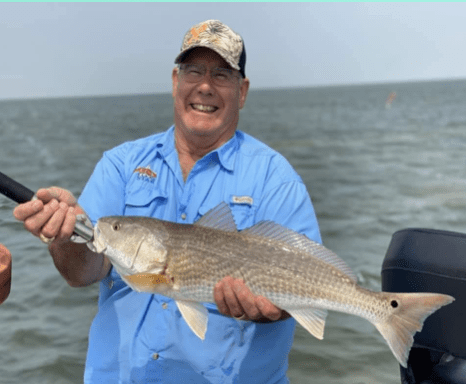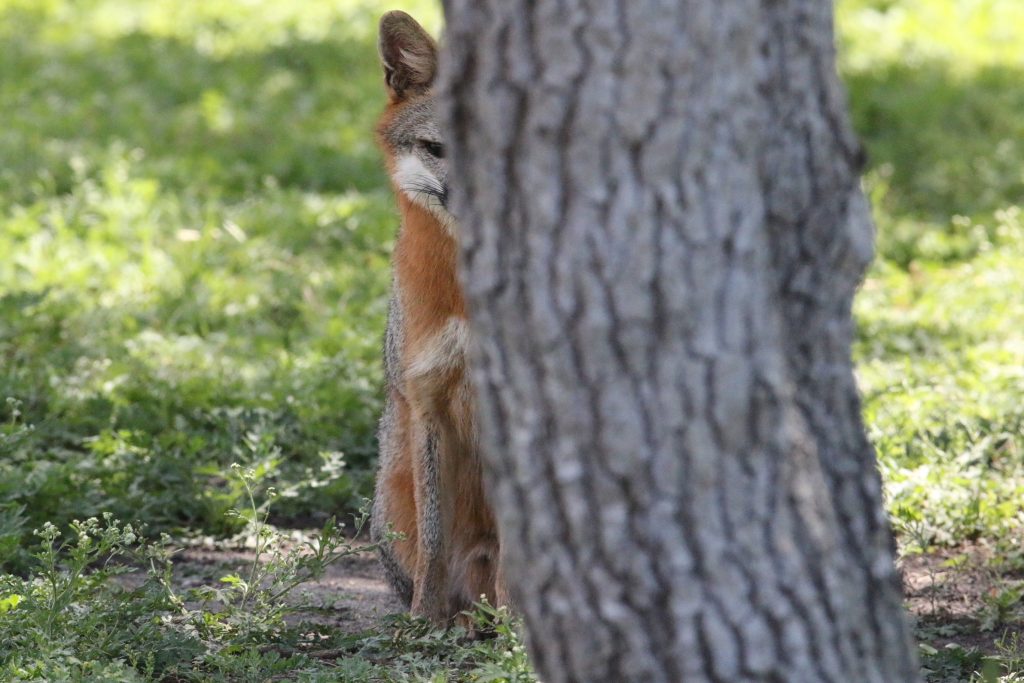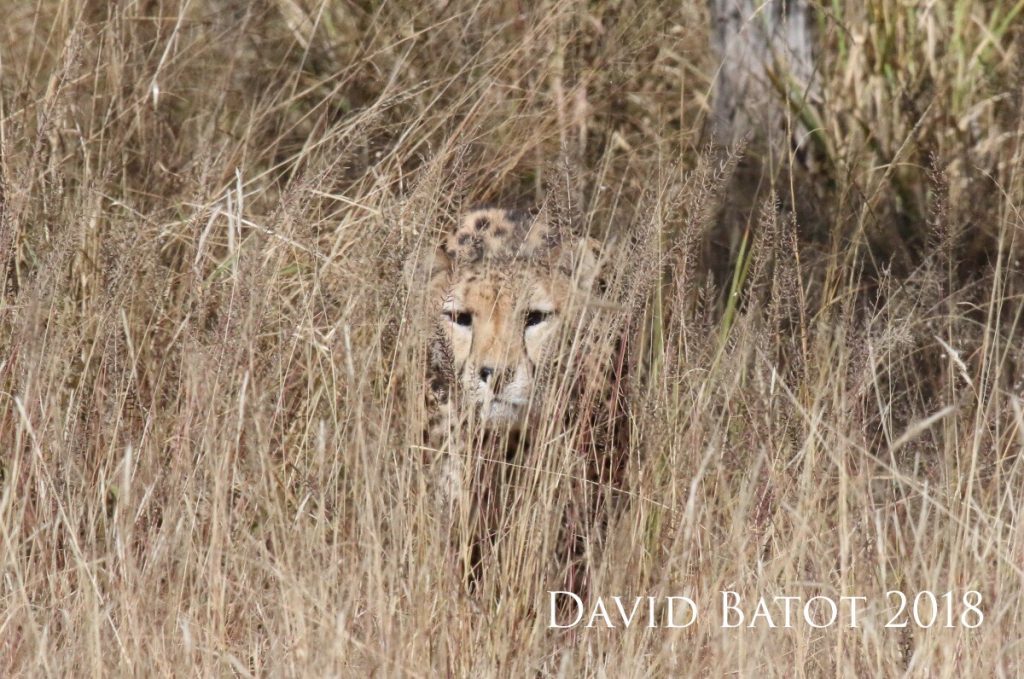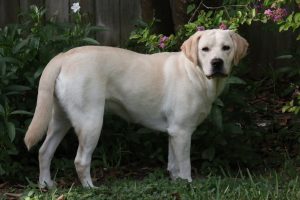
Growing up in San Benito influenced David’s love of nature.
As a young child, he lived on a farm in Sinton, Texas, where his dad managed an International Harvester store. By the time he started school, the family had moved to San Benito. Chronicling his growing-up years, David described an ideal childhood.
His dad loved all kinds of critters and David grew up with goats and pigeons in his yard. Like his buddies, he played, swam and fished in the nearby resaca. He learned to hunt small animals as well as to help the ones who had been injured or abandoned by their mothers.
He graduated from Texas Tech with a degree in Range and Wildlife Management and accepted a position with the BLM (Bureau of Land Management, created by President Truman in 1946 to manage public lands). Assigned to Las Cruces, New Mexico, he worked on a twenty-person team, collecting data on grazing plants to determine the number of cattle the land would handle per acre.
The land was so different from Texas., so much bare land. We counted ten main forms of plant life, where here in Texas, we would have hundreds.
After the project was completed, he moved back to San Benito where he worked in the building construction industry. He served as a construction manager for the Harlingen Independent School District and the Gregory-Portland Independent School District. Except for six years that he lived in Estes Park, Colorado, he has spent his life in the Valley. However, during those Colorado years, he fell in love with the wildlife in Rocky Mountain National Park.

Throughout his life in San Benito, he spent his free time exploring his home state. He can tell story after story about the animals of the area.
We didn’t have squirrels here. The first time I saw one was in the 1990’s. People brought them down from the hill country.
I didn’t see pelicans either. They were on the endangered species list and I remember the first time I saw one. It was after Hurricane Allen. I saw him sitting on a pile of trash in Laguna Heights. He was so skinny but he became my first pelican photo. (Hurricane Allen hit the Rio Grande Valley in August 1980, causing a 12-foot storm surge along the coast, with 125mph winds and over 20 inches of rain.)

I had a pet chachalaca. I found an egg, brought it home and put it in an incubator. He made the best pet and would follow us everywhere. He would even ride on our dog’s back.
I’ve rescued a baby javelina and raccoons. We finally had to let the javelina go after he bit my mom.
Once I saw a coatimundi tied up at a house in Rio Hondo. The owner’s father had brought it back from Mexico. After some negotiation, I brought it home with me. I kept him in a cage – he was curious and always had his snout in something.

David loves to explore the wildlife around Port Mansfield. He enjoys spending time on his boat exploring the Arroyo Colorado River, the bay and the ship channel.
Hunting has been always been a part of David’s life. For the last ten years, he has taught hunter safety classes, mentoring young people on safety and conservation. He related an incident with a father and son. The father said he loved to go fishing and shoot the seagulls and buzzards. The man had no idea that it is illegal to shoot vultures. I explained that God didn’t put these creatures here for target practice. He swore he would change.
Photography grew into a major hobby. He has traveled to Africa three times. On one occasion he took part in shooting warthogs to feed to white lions at a rehab center. He also visited a cheetah rescue and is proud of the photos he captured of African animals.

I haven’t decided where I want to spend my TMN volunteer time. I spend my free time on my boat whenever possible. I took part in a project re-seeding a fifty-acre plot with native plants. What started as bare land is now filled with life and home to nilgai, bobcats, deer and ducks. I found that fulfilling.

He has become interested in breeding and raising Labrador retrievers.
David’s descriptions fascinated me – from yesteryear in the RGV to his diverse wildlife experiences. Whatever David decides to do, his natural curiosity and life-long experience with Valley critters will prove an asset to our chapter.